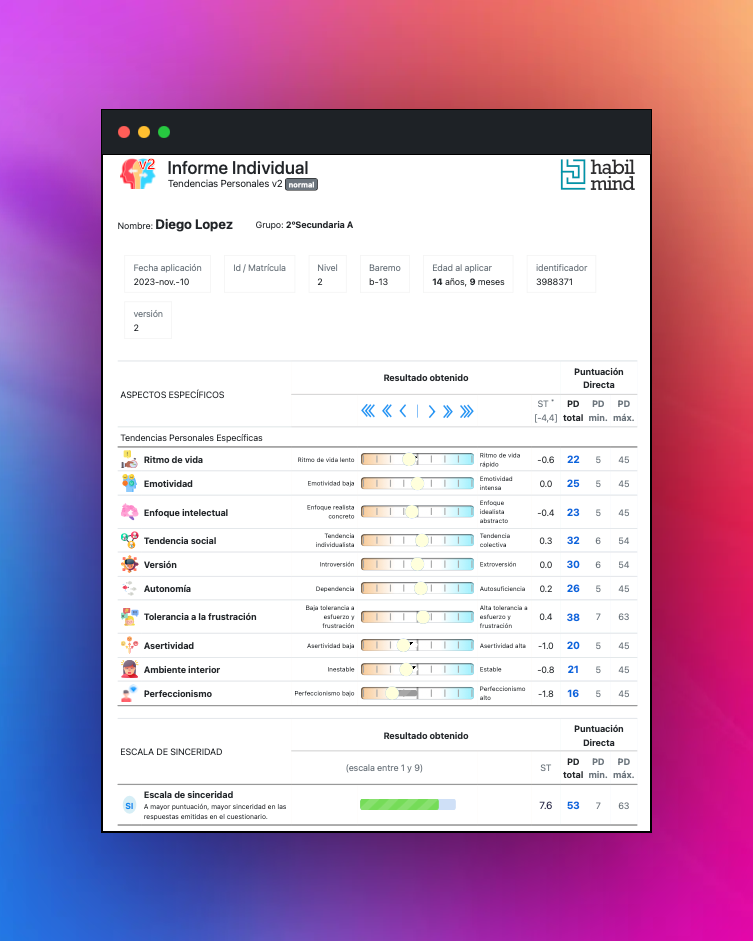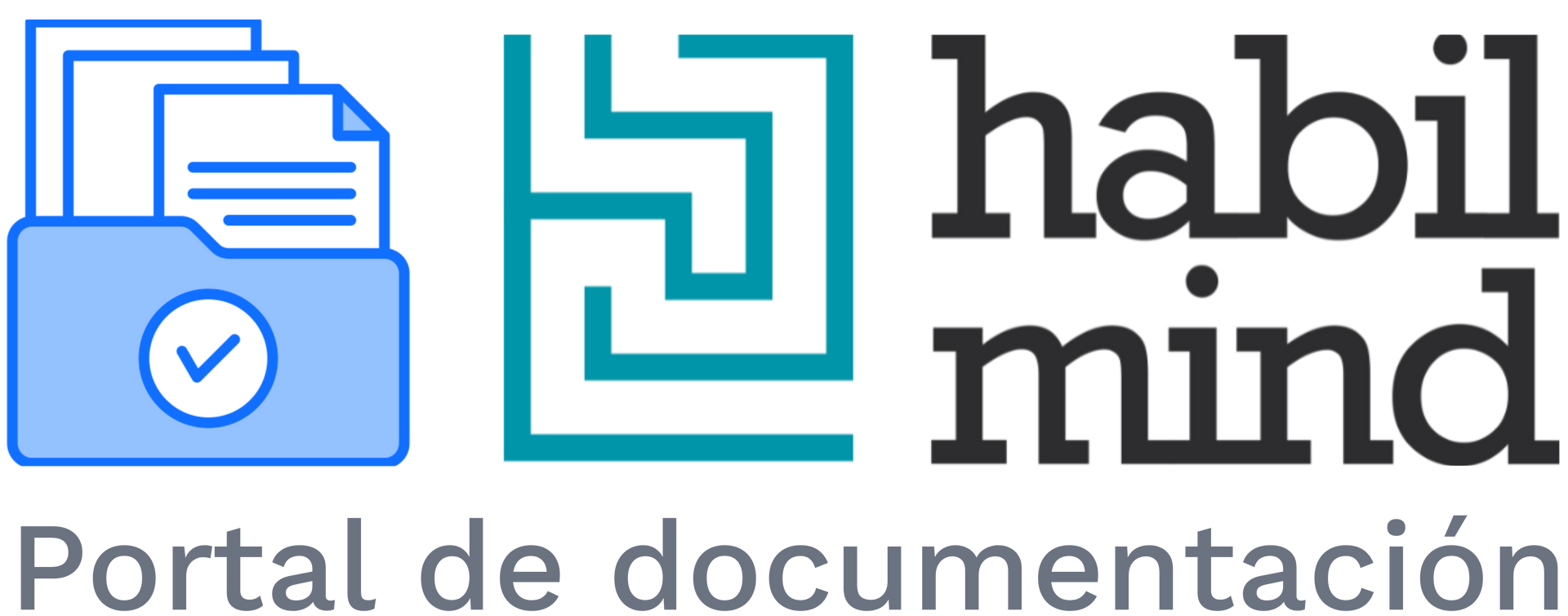Habilmind > Related to Mental Health and Emotional Well-being > Personal Tendencies
Personal Tendencies
Personality traits that influence learning
Analysis of key personality traits that affect learning, group work, decision-making, and relationships with others.
ℹ️ Application: Collective and individual
🕓 Duration: 15 minutes
✅ Applicable age: 9 years and above
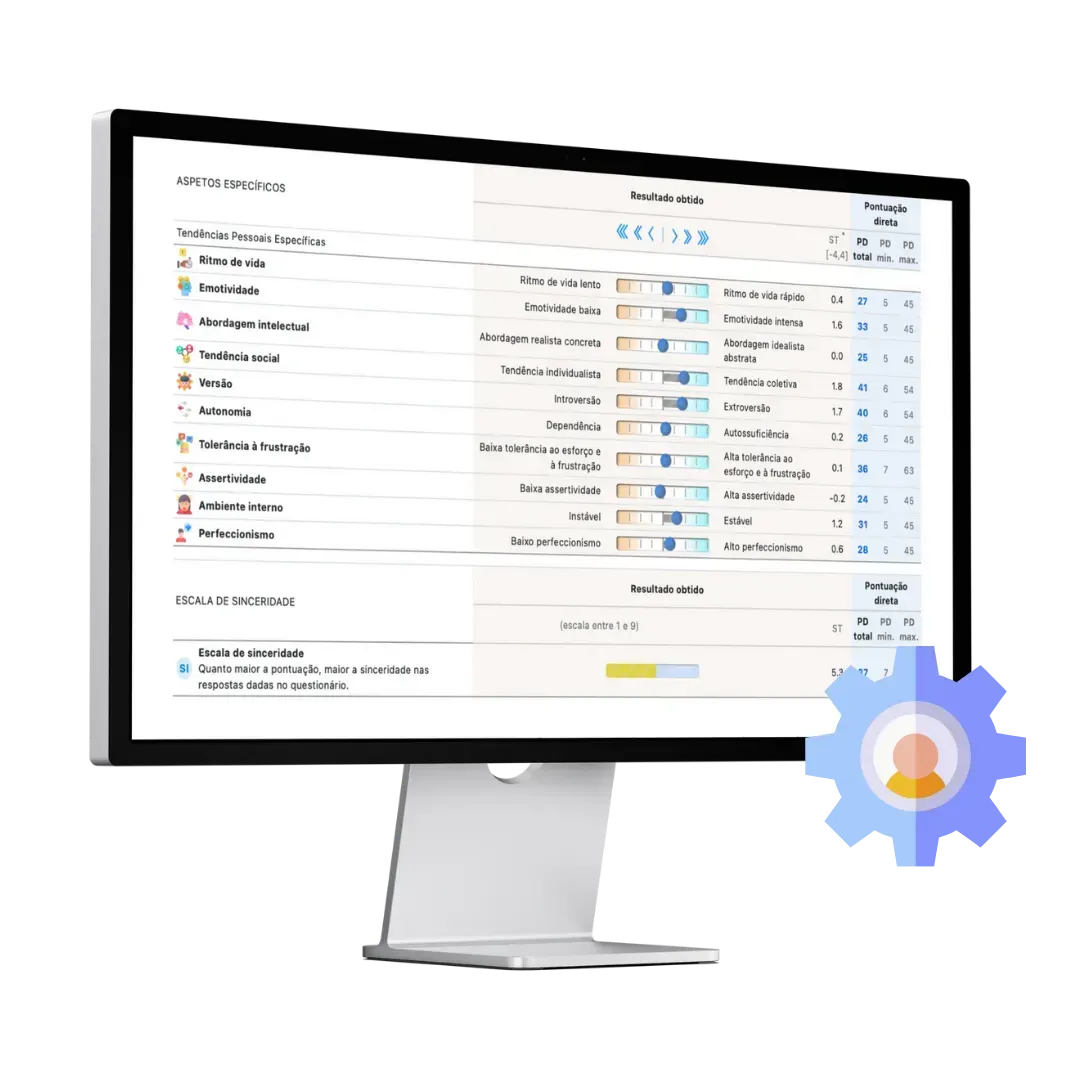
Authors

Isauro Blanco
Researcher and speaker specialising in cognitive development.
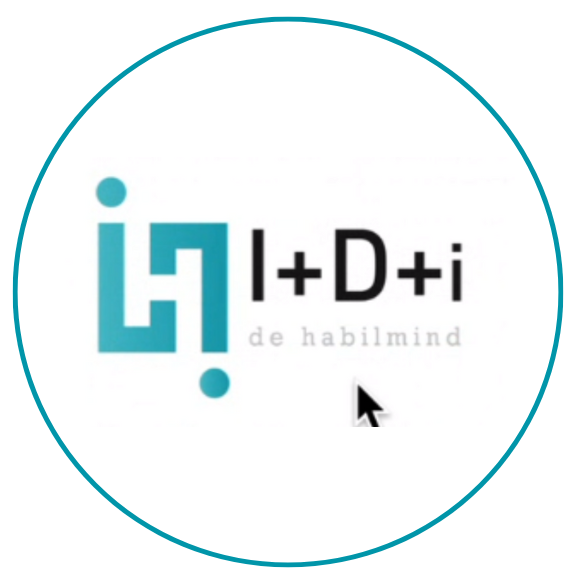
Habilmind R&D&I Team
Habilmind team dedicated to educational innovation.
What does your school obtain from this tool?
01
Enhance
Self-awareness by identifying strengths and weaknesses within personal tendencies.
02
Understand
The group as a whole more effectively.
03
Facilitate
Teamwork, learning, and decision-making.
04
Prevent
Academic performance issues.
05
Assess the impact
Through the re-administration of the tool.
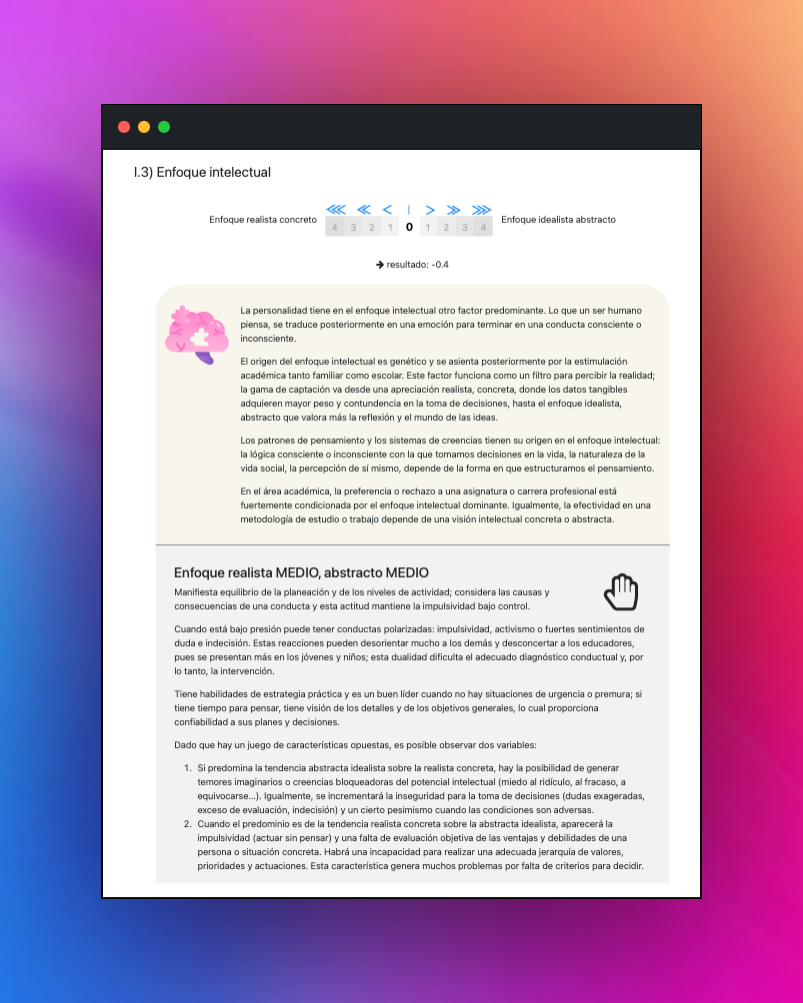
Check prices and benefits instantly
Use the “Prices” button to view the available plans and choose the one that best suits your school.
Free trials are available for schools, colleges, institutes, universities, clinical psychologists, and researchers.






